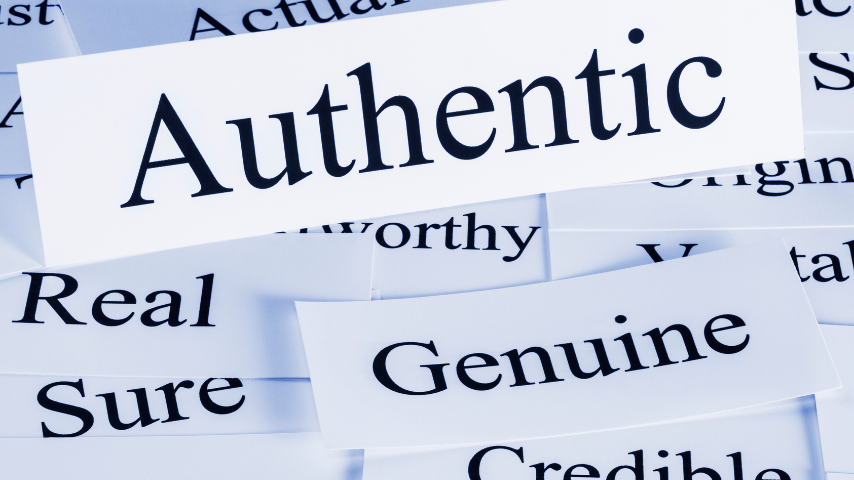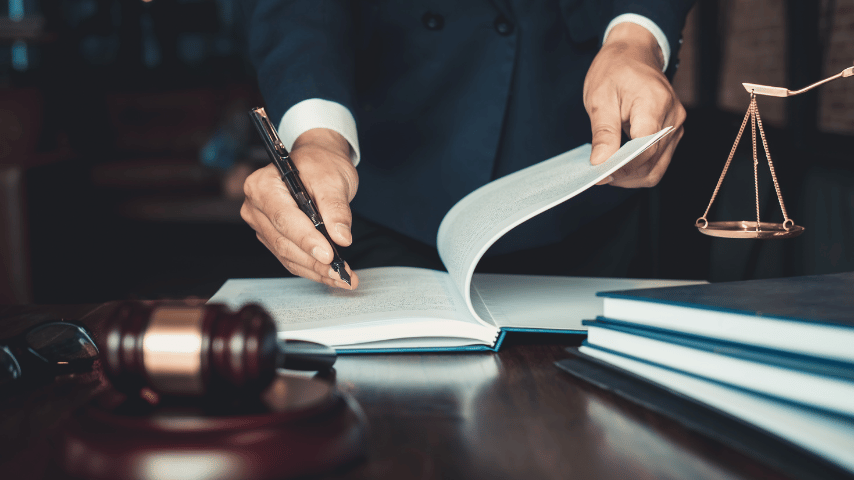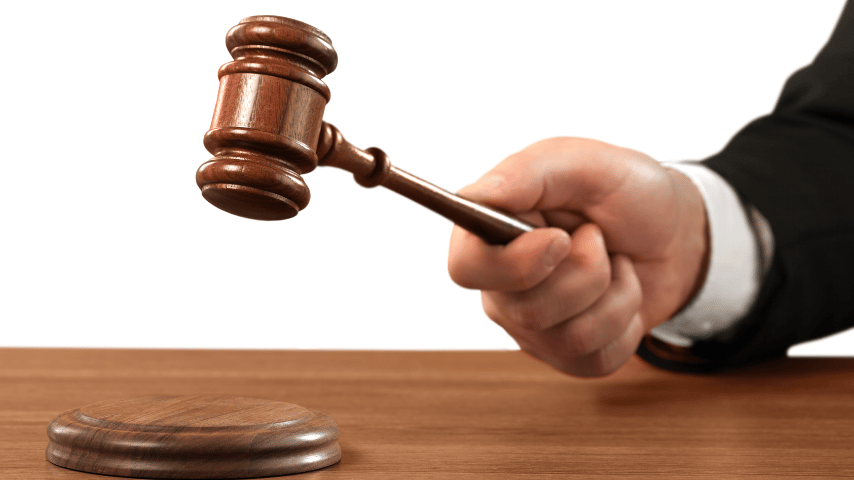How many times have you heard an attorney or lawyer in a court say, “Objection, Your Honor!”
We are sure numerous times.
But have you wondered what these are and how many types of objections are in court?
Court objections are basically when a trial attorney objects to the opposing counsel’s questions or the testimony of the witness.
There are different objections in court and we will discuss some of the most common objections in court further in the blog.
Different Types Of Objections In Court
There are different objections in the courtroom, and understanding these objections is crucial for lawyers and legal professionals. Objections in court can be raised during trial and hearing. The judge in a court can sustain or overrule the objections.
Let’s learn more about some of the common objections in court below:
Hearsay
At first, we had a Hearsay objection. This is among the most common courtroom objections. Hearsay is a legal objection to evidence that relies on secondhand information. For instance, if any witness in the court says he heard someone else talking about it. Which means it is not firsthand information. The knowledge is secondhand, and in that case, lawyers can have hearsay objections.
In the case of secondhand information, the jury usually doesn’t assess the credibility of the witness making this statement. Additionally, there is no chance of any cross-examination in this case. This evidence is usually prohibited by the case.

Leading Questions
Have you ever heard a lawyer saying “Objection Judge–Leading!”
This objection usually arises when a prosecutor or defense attorney is questioning the witness during the hearing process. But they question the individual in a way that suggests an answer or puts thoughts or words in the mouth.
For example: “You saw the defendant hit the victim with a car, didn’t you?”
Court doesn’t allow asking these kinds of leading questions. As it can influence the testimony of the witness. The lawyer should ask the witness without giving them any hints of what to say and how to say it. If the judge thinks a lawyer or attorney is leading the questioning, he sustains it and asks to create a direct question.
Relevance
Relevance is another common type of legal objection in the court. This objection usually takes place when a lawyer questioning the witness starts asking the questions that are not related to the case.
For example, – If the witness is testing for a car accident case and the attorney starts asking questions about his past deeds. Like what about the incident in the past when you were engaged in a fight 5 years back, etc.? The defense attorney can raise relevant objections in this case.
The judge usually sustains this question on the grounds of relevance and asks the attorney to move on to the next question.

Speculation
In our list of objections in court next, we have a speculation objection. This is the type of objection that arises when the attorney asks a witness to guess or make an assumption about something.
For example – The attorney asked the witness what was the speed of his car when he hit the victim. This is a case of clear guessing or assumption. Because the witness will not be able to give an accurate answer about that.
In this, the attorney has to rephrase the question as the judge will sustain it.
Asked and answered
This objection in court takes place when the lawyer asks a question that has already been asked and answered.
The main aim of this objection is to prevent lawyers from asking the same question to elicit different responses.
For example – “Attorney ask witness so you were traveling to Las Vegas from Fresno on December 25th”
And witness answer “yes”
Then again, the attorney asked, “so you reached Las Vegas on December 25th right?”
Attorney: “So you were not in Fresno on December 25”
The judge overrules the asked and answered objection.
Authentication Objection
Authentication objection is in relation to the evidence. This is for the validity of the evidence that is presented to the court. The attorney may object when an opposing counsel fails to properly authenticate the evidence presented in the court.

Non-Responsive
Non-responsive is an objection that takes place when an attorney asks a question and witness answers are not direct. It means the witness is not giving an accurate answer to what is asked.
For example – “If an attorney asks a witness what the defendant was wearing at the time of the crime.” But instead of giving a direct answer, the witness starts saying we had an amazing breakfast. He was excited about going out. He was carrying a water bottle. But doesn’t actually answer what he was wearing.
In this case, the attorney can object to it being non-responsive.
The witness is liable to give a direct answer to it. Otherwise the judge will sustain it and ask to give a clear answer.
Compound Question
A compound question is a question that contains different queries in a single question. Generally, it becomes difficult for witnesses to answer these types of questions and give an accurate response to them. Usually, the lawyers have to break their questions so that the witness can answer all the questions.
For example – “An attorney asks, isn’t it true that you visited Lisa every Sunday, and you were there until 12 am that night?” so this is technically two questions in one go.
The judge will ask to break this sentence in two.

The Bottom Line
If you want to be in a courtroom, you must familiarize yourself with all these different objections in the courtroom. Not just that, it is important to know how and when to use these objections appropriately.
You must also be able to anticipate how these objections will come up in the case.
We have mentioned some of the common objections in court, but there are numerous. So if you want to build a career as a legal professional and want to represent clients in court. Make sure you are aware of these objections and their usage.
CaseFox is a practice management software that can take care of the administrative tasks in your firm. You can leave administrative work to our practice management software and save your energy to focus more on your trial preparations.

